Nissan lemon buyback law covers new and used vehicles with the manufacturer’s new warranty. It protects consumers regarding different Nissan models, including:
Ultimately, if the manufacturer fails to repair persistent warranty defects after a reasonable number of repairs, they must either refund(buyback) the consumer or replace the vehicle.
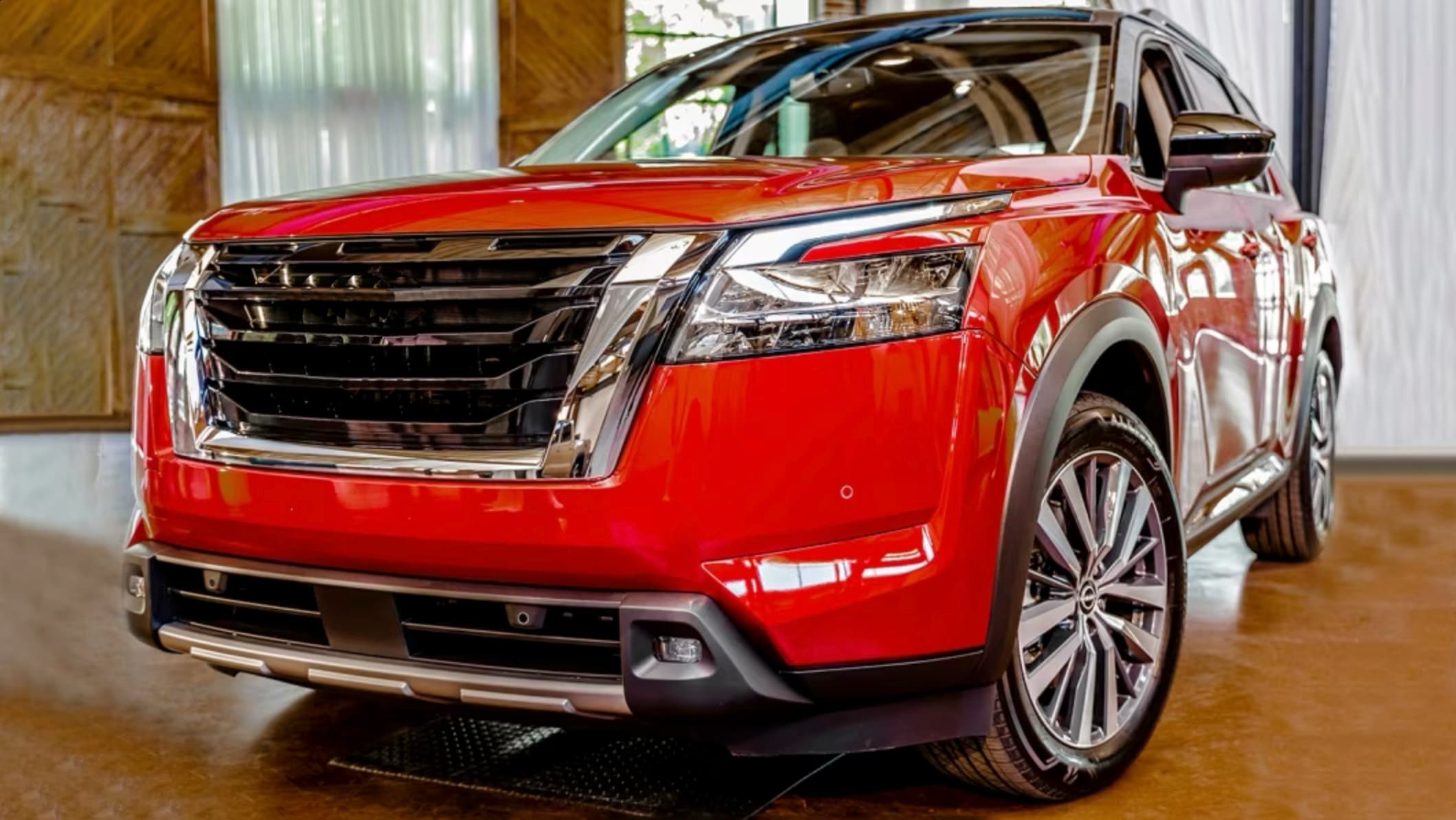
Lemon covers consumers who buy vehicles with persistent but substantial defects that the manufacturer has failed to fix.
More importantly, the defect should be substantial, meaning it’s a severe problem that affects the vehicle’s use, value, and safety. While lemon law covers many vehicles with persistent defects, there are still a few exceptions, including:
Examples of substantial defects covered by Nissan lemon buyback include:
You’ll need to take your vehicle to an authorized dealer for repairs to protect your buyback right under lemon laws. Taking it to the dealership for repairs gives the manufacturer a reasonable window to fix the defect. It also shows evidence of efforts to resolve the fault while processing a claim. Avoid seeking repairs from an independent repair shop because it can void the warranty terms.
First, notify the manufacturer about the defect, who then authorizes a dealer to fix the persistent issue. You should also allow them to fix the fault based on guidelines offered by California lemon law presumption.
Similar to all legal claims, a lemon law claim is better when backed with evidence. As such, it pays to gather as much evidence as possible. Keep copies of repair orders, repair invoices, purchase warranty, purchase or lease documents, correspondence with the manufacturer, maintenance records, and accident history.
Your case is ready to file a buyback claim at this stage. To that end, speak to an experienced lemon law attorney to help you compile a successful claim. An attorney will help you gather the required documentation and assess whether your claim is worth pursuing. A lemon attorney is also instrumental in guiding you through the legal aspects of your case.
A manufacturer will table an offer after receiving a valid claim from a consumer. Your attorney’s role is to evaluate and accept it, negotiate for better terms, or reject it.
Most lemon law claims settle without the need to go to court. However, an attorney can litigate your case in court for a better payout or if the manufacturer refuses to pay.
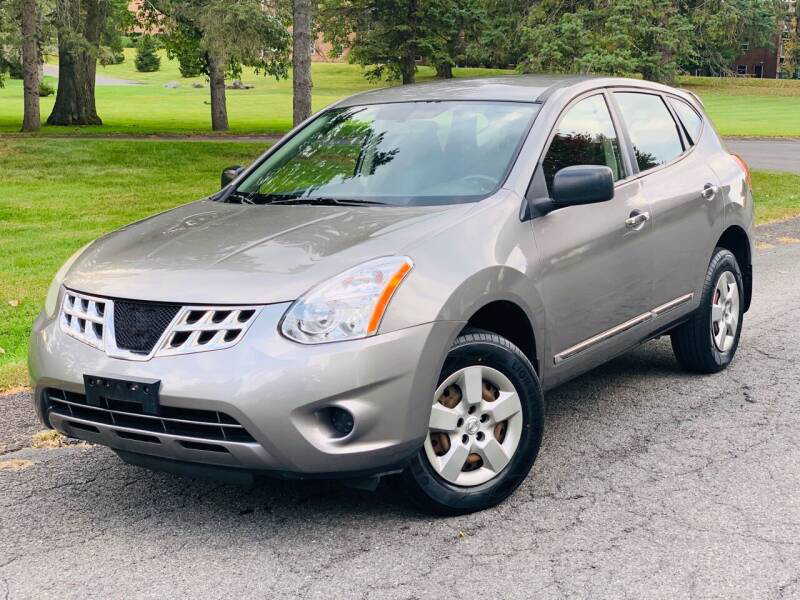
Many consumers have registered complaints about the above Nissan Rogue models and preceding years.
Some of the common defects include:

Here are the common issues with the above series of Nissan Maximas:
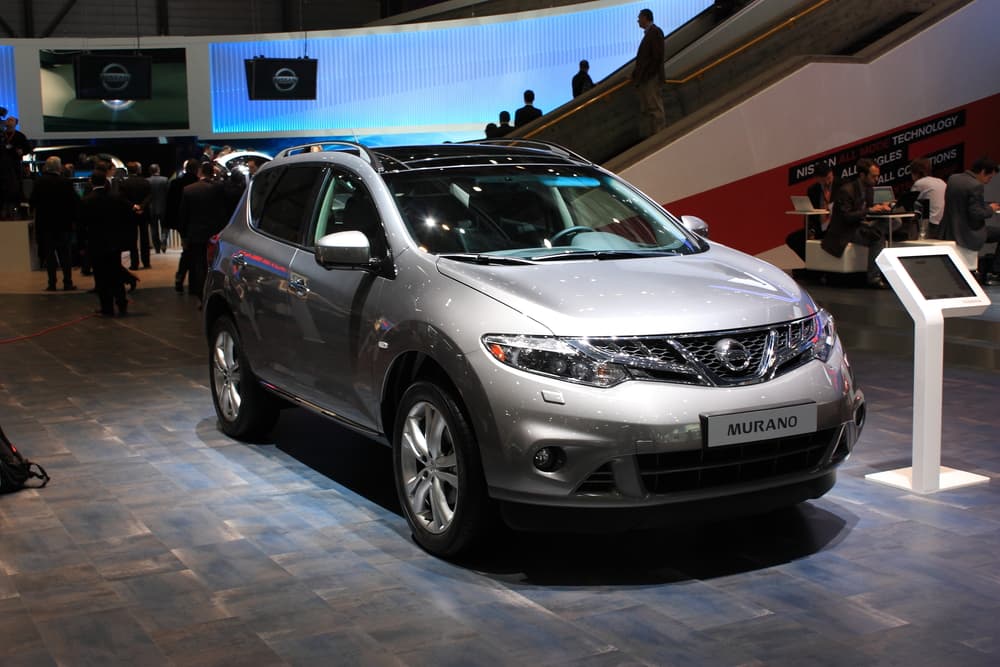
Although no recall affecting the model has been issued, consumers have registered several dozen complaints.
Here are the most common complaints:

The service brakes are a significant defect in the 2019 Nissan Pathfinder SV 4*4. In a recall dated November 2019, the brake fluid on the circuit board is likely to cause an electric short, increasing the risk of fire.
Some of the registered complaints related to service brakes include the following:
Other notable defects with the 2019 Nissan Pathfinder include a defective electrical system, engine defects, defective seat belts, and exterior lighting malfunction.
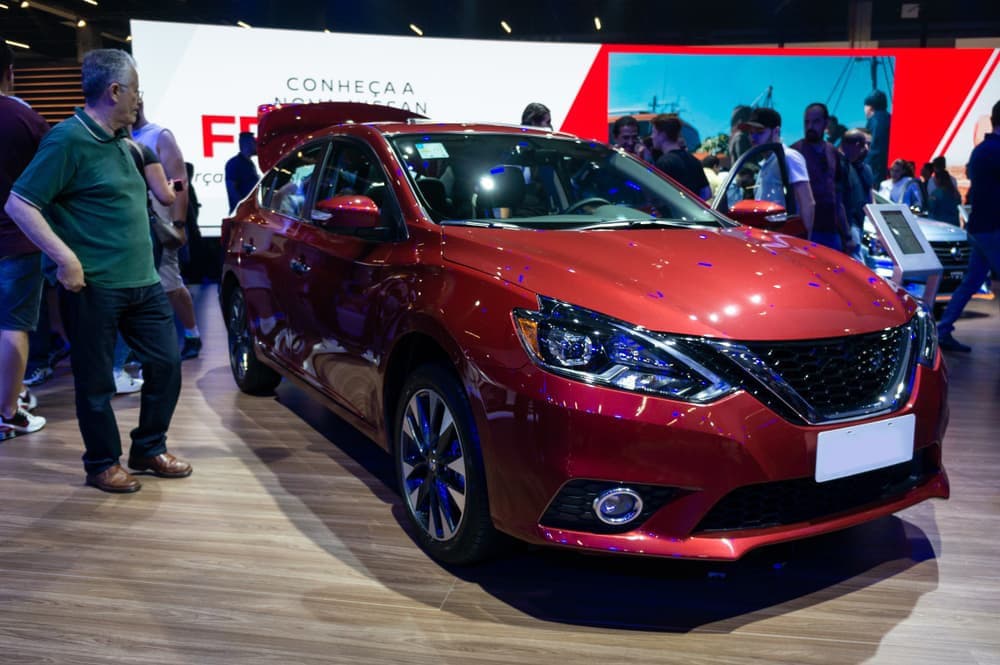
Nissan Sentra is known as a comfortable ride with generous cabin space and excellent fuel reliability. Nonetheless, some consumers have expressed disappointment due to its numerous defects.
Here’s a list of its defects:
Call 833-536-5297 or fill out our simple online form to set up a consultation with the Lemon Law Lady in California
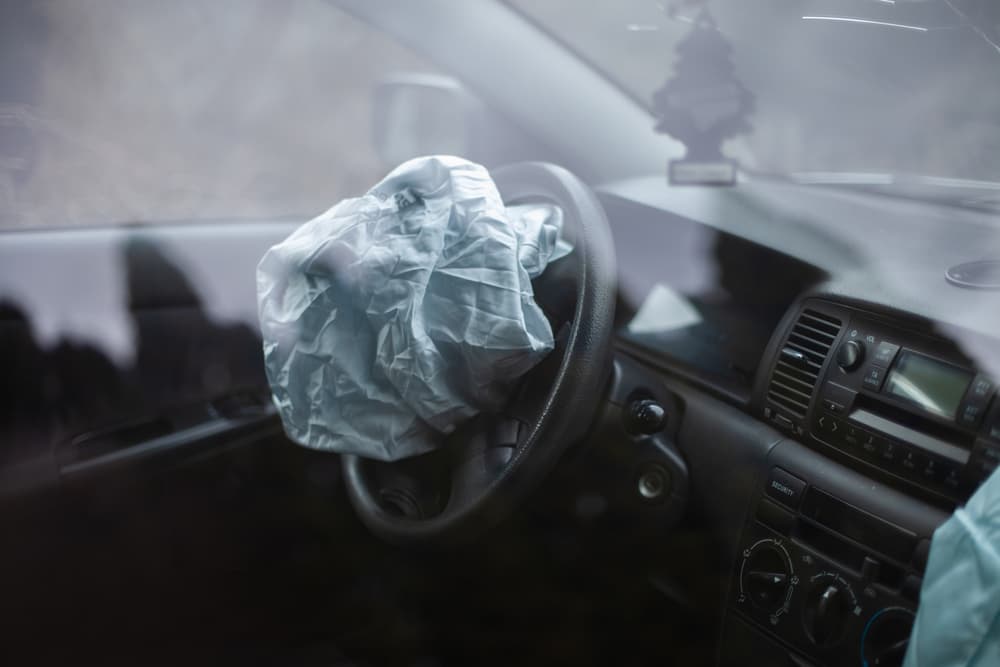
An airbag reduces the chances of the upper body or head striking the vehicle’s interior after a car accident. It works by providing cushion and restraint during a crash.
Unfortunately, many Nissan models have defective airbags, including the 2001-2003 Nissan Maxima, 2002-2004 Nissan Pathfinder, and 2007-2012 Nissan Versa Hatchback.
Vehicle owners have expressed the following complaints related to defective airbags:

Your Nissan needs a functional transmission to transfer power from the engine to the drive shaft and differential and propel the vehicle. Unfortunately, transmission is a common defect in vehicles, including Nissan models.
Some Nissan units with defective transmissions include the 2016-2021 Nissan Maxima, the 2018-2019 Nissan Sentra, the 2018-2020 Nissan Pathfinder, the 2014-2020 Nissan Murano, and the 2018-2019 Nissan Versa Note.
Some complaints of disappointed customers include:
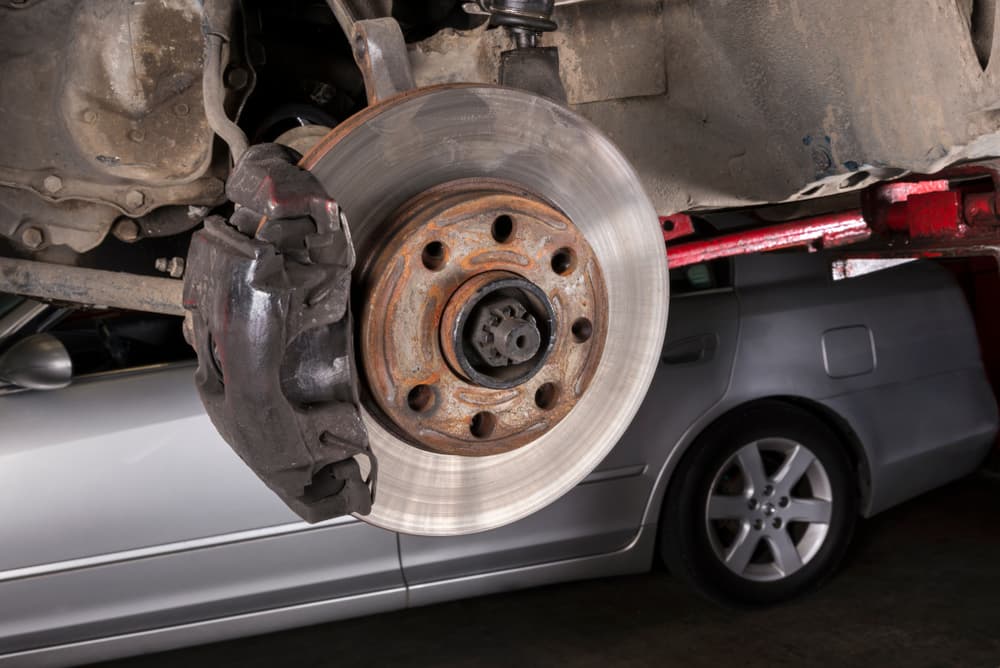
The braking system is essential in controlling a vehicle and avoiding road hazards. Unfortunately, numerous Nissan units have defective brakes, which may cause harm to drivers, passengers, and other vehicle occupants.
Some Nissan models with defective braking systems include the 2020-2021 Nissan Titan, the 2020-2021 Nissan Rogue, the 2018-2021 Nissan Leaf, the 2017 Nissan Murano, the 2017 Nissan Maxima, and the 2017-2021 Nissan Rogue Sport.
Some of the outstanding complaints related to defective brakes include:
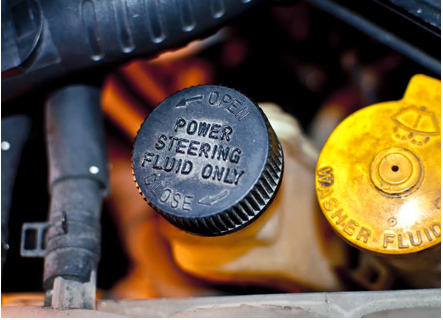
Power steering is a crucial mechanical device that reduces the energy required to turn the steering wheel, making it easy to maneuver or turn the vehicle at low speed. A defective steering wheel increases the risk of bodily injury or death in the event of a road accident.
Unfortunately, some Nissan models have defective steering wheels, including 2021 Nissan Kicks, 2021 Nissan Versa, 2010 Nissan Dualis, and 2010 Nissan X-trail.
Here are a few complaints related to defective power steering:

According to the Centers for Disease Control and Prevention, seat belts reduce the risk of injury by 45% and the risk of severe injury by 50%. A seat belt applies an opposing force to the driver or passenger preventing them from falling out or colliding with the car’s interior components.
Unfortunately, Nissan has several of its models with defective seat belts including:
On May 28, 2020, Nissan North American, Inc issued a recall notice affecting approximately 1,831,818 units. The recall was intended for certain 2013-2018 Nissan Altima vehicles. According to the recall notice, the affected models unintentionally released the primary hood latch.
Corrosion on the latch may cause the secondary latch to bind and stay in an open position when the hood is closed. As a result, the hood could unexpectedly open while driving, increasing the risk of accidents.
The recall notice instructed the dealers to install a stronger release spring in the hood level and stick a warning label near the secondary hood latch.
Nissan issued a recall notice potentially affecting 215,124 different units. The recall pertained to certain 2015-2017 Nissan Murano, 2017 Infiniti QX60, 2016-2017 Nissan Maxima, and 2017-2018 Nissan Pathfinder vehicles.
The recall notice informed consumers of the possibility of the brake fluid leaking into the ABS pump, causing ignition. Nissan instructed dealers to inspect the serial numbers of the ABS actuator and replace it free of charge if necessary.
The recall also warned the drivers of a potential fire. If the ABS warning lamp remained on for more than 10 seconds after ignition, the owners were advised to park the vehicles outside, away from other vehicles and structures.
Nissan issued a recall notice affecting particular Versa Sedan, Chevrolet City Express, 2017 Nissan NV200, NV200 Taxi, 2017-2018 Frontier, NV3500 Bus, and Sentra. According to the notice, ignition switching may turn off and stall the vehicle increasing the risk of rear-end or roll-over accidents.
The weight of the key ring and extreme road conditions may cause the ignition switch to move out of the run position, switching off the vehicle. Nissan advised dealers to record the production information of the ignition switch and replace them, if necessary free of charge.
California lemon law requires manufacturers to refund or replace a defective vehicle if they cannot fix it after a “reasonable number” of repair attempts. Before exercising protection from lemon law, consumers are obliged to give manufacturers a reasonable window of opportunity to fix the defect.
In all buyback or refund claims, a question is likely to arise as to whether a consumer notified the consumer about the defect if they gave them a chance for a reasonable number of repair attempts.
Generally, determining whether a manufacturer made a reasonable number of repair attempts depends on the prevailing circumstances. For instance, two chances are enough if the manufacturer attempts to fix a safety-related issue.
Determination of a reasonable number of attempts also depends on the difficulty of finding the defect. A consumer can keep insisting until the manufacturer fixes the issue. Even so, if a vehicle spends more than 30 days in a repair shop, that’s enough window to trigger the buyback or replacement under lemon laws.
Ultimately, no set number defines a reasonable number of repair attempts. However, California lemon law presumption has prescribed the following guidelines:
More importantly, a vehicle is protected by lemon law presumption if it was bought or leased in California. It should develop a significant defect within 18 months or 18,000 miles, whichever comes first.
Lastly, the guidelines on a reasonable number of repair attempts only gives a direction— it’s only a judge or arbitrator who determines whether a manufacturer has met the threshold.
Usually, many manufacturers claim the need to be given an additional opportunity to fix the defect, with some claiming they didn’t get the acceptable repair window. With that in mind, it’s advisable to work closely with a lemon law attorney to counter manufacturer arguments likely to deny or delay your claim.